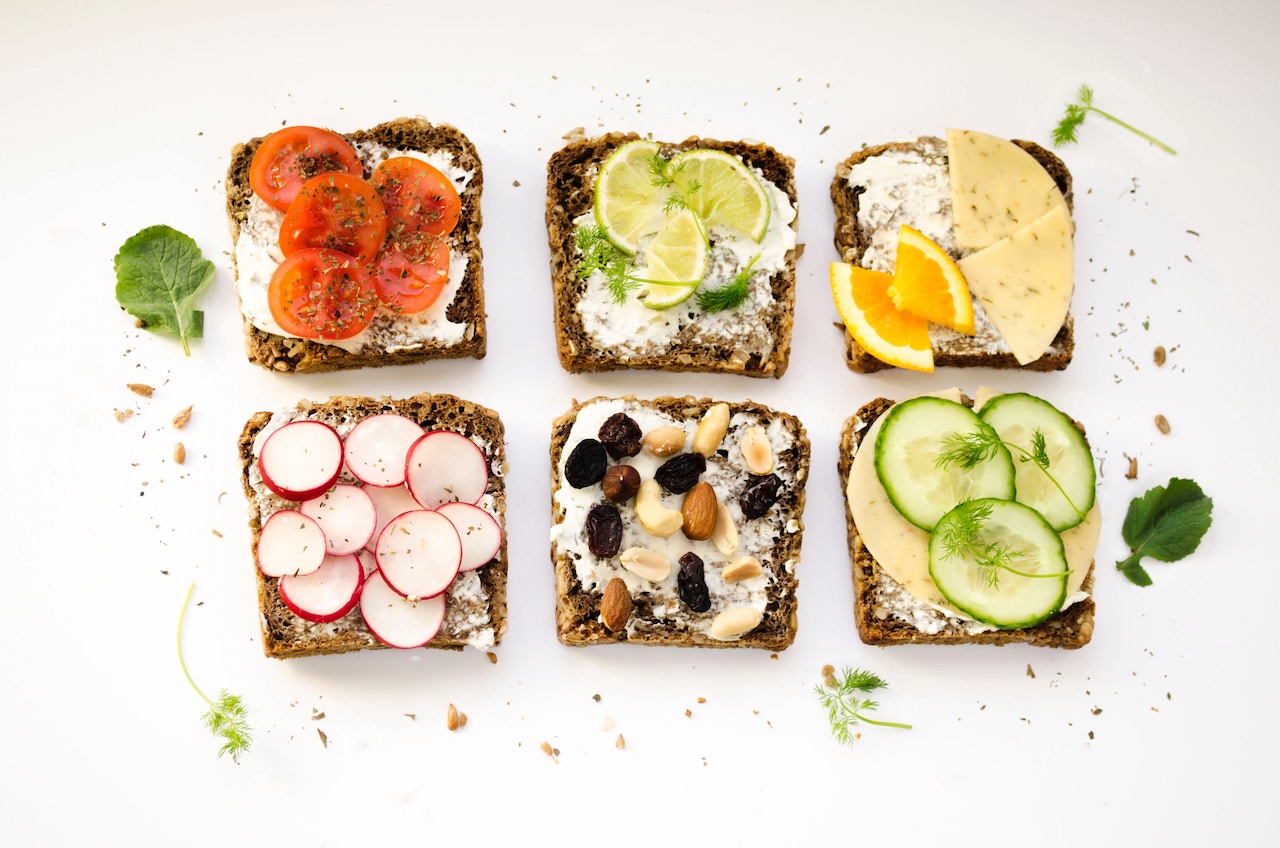A common complaint I hear over winter is relentless appetite post dinner and late into the night. While having a snack after dinner is perfectly fine, it’s when a snack turns into a full blown grazing session right up until bedtime that we should start to look into why this is happening!
The main negatives of late night grazing is that it can lead to weight gain, if excess calories are consumed, it can upset sleep and it can lead to poor morning appetite and feeling sluggish which can set you up to repeat the same pattern, the following day.
If you have found yourself stuck in this rut since the temperature has dropped, here are some tips on how to overcome this habit.
Identify the cause
Understanding WHY you feel the need to graze post dinner is key. Firstly, ask yourself whether this is true hunger or if there is actually an emotional driver such as stress, loneliness, anger, needing warmth or boredom.
If emotions are the cause, think of other ways to support your emotional health such as going to a group fitness class post work, talking to a friend on the phone after dinner, trying meditation for stress relief or even seeing a psychologist. If you are cold, buy a hot water bottle or a nice herbal tea to sip.
If actual hunger is the true cause, follow this checklist to see which parts of your diet may need tweaking:
Am I eating enough food during the day? If you don’t eat a satisfying diet during the day, it only makes sense for your body to play catch up at night. If you aren’t sure, try keeping a food diary for a few days to get a true insight into what you are actually consuming and how you feel after each meal or snack. If you find that you are skimping on meals or just not eating in a balanced way, prioritise daytime eating and see what difference it makes come nighttime. This may mean a bit of pre-planning or prep, for those days when your schedule makes healthy eating that bit harder.
Have you recently changed your exercise regime? This could mean you have started to exercise, increased exercise or swapped to a night time workout. If we don’t adequately refuel post exercise, our appetite can be difficult to tame. Make sure you have a substantial snack or meal no more than 60min post exercise and the meal should contain a serve of complex carbohydrates (brown rice, quinoa, sweet potato, sourdough, legumes etc), lean protein (legumes, fish, chicken, lean red meat, eggs, dairy, tofu, nuts/seeds), healthy fats (avocado, extra virgin olive oil, nuts/seeds) and vegetables/fruit.
Are you starting the day right? It has been shown that an adequate intake of protein at breakfast time can help to ward off late night grazing. This is because protein is incredibly satiating and can help to regulate blood sugar levels. If you start the day with a refined carb cereal, its not uncommon to feel hungry within 60-90min and then crave a quick source of energy such as sugar – hello muffin, cake or pastry and coffee! This innocent snack keeps the cycle going and by lunchtime you will be hanging out for another hit of sugar and so on. As you can see, this doesn’t set you up for a healthy and balanced day (or night) of eating. Good sources of protein to consume at breakfast time include tofu, eggs, dairy, legumes, fish, nuts/seeds and plant-based protein powder. Fibre is also really important here too, so make sure the carbs you are selecting are complex such as whole rolled oats, oat bran, fibre-rich fruit or wholegrain bread.
Is your dinner enough? Depending on our individual requirements and the time we eat dinner, a well-balanced dinner can see us through until breakfast time. A balanced dinner means it contains a source of lean protein, complex carbs, healthy fats and ample vegetables. Being satisfied by dinner doesn’t mean leaving the table feeling like you could bust as this feeling isn’t likely to set you up for a good nights sleep. Instead, it means, feeling like you could consume another mouthful of food but don’t actually need to – the step before feeling overfull. A healthy way to feel satisfied by dinner, in addition to eating a balanced meal, without necessarily eating more, is by choosing high fibre complex carbs and vegetables. For example legumes such as chickpeas, lentils, cannellini beans, mixed beans and black beans are very filling foods and offer an array of health benefits. In terms of vegetables, select broccoli, cauliflower, beetroot and brussels sprouts. Try adding some of these foods to your dinner plate and see what difference it makes!
